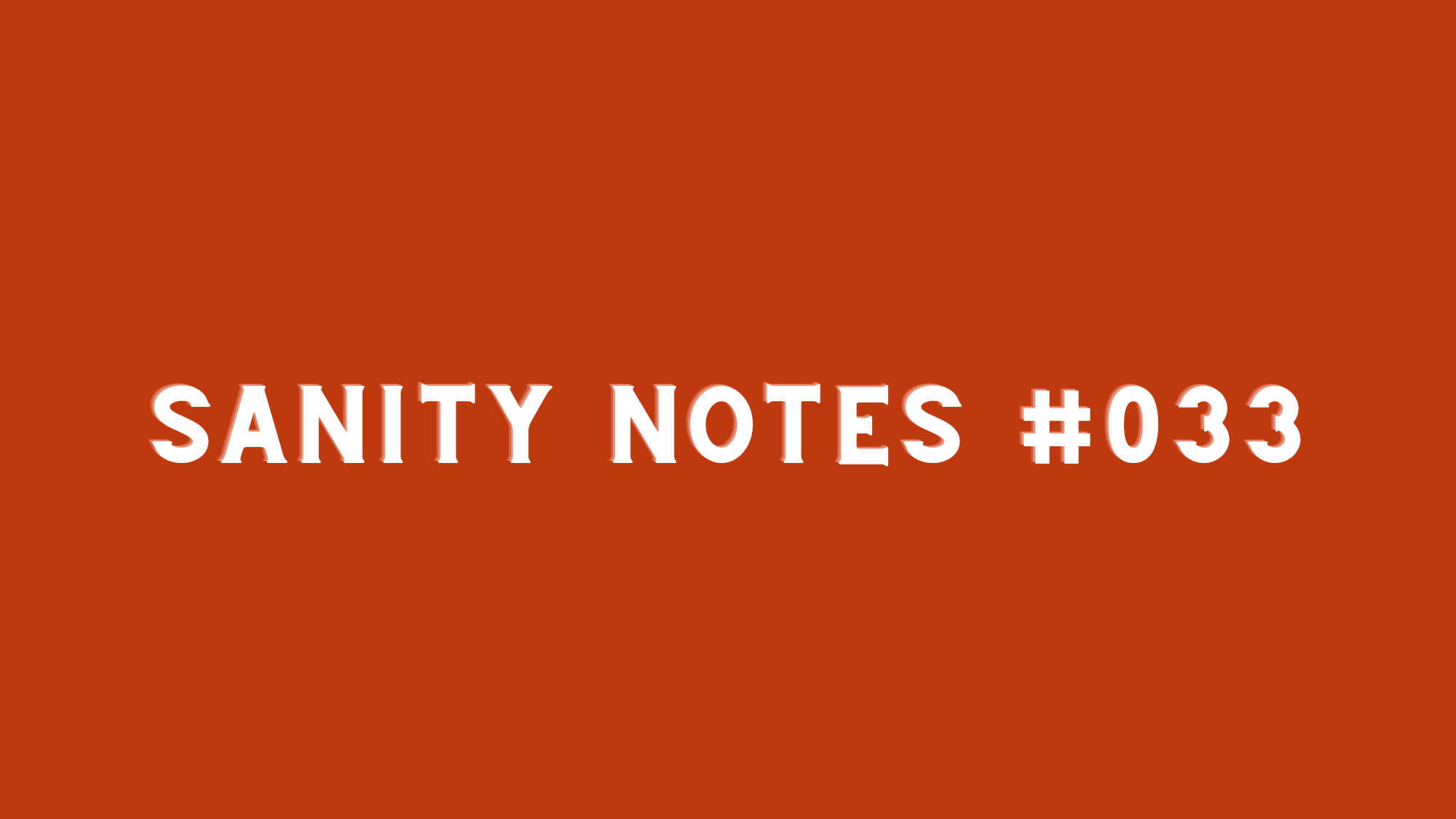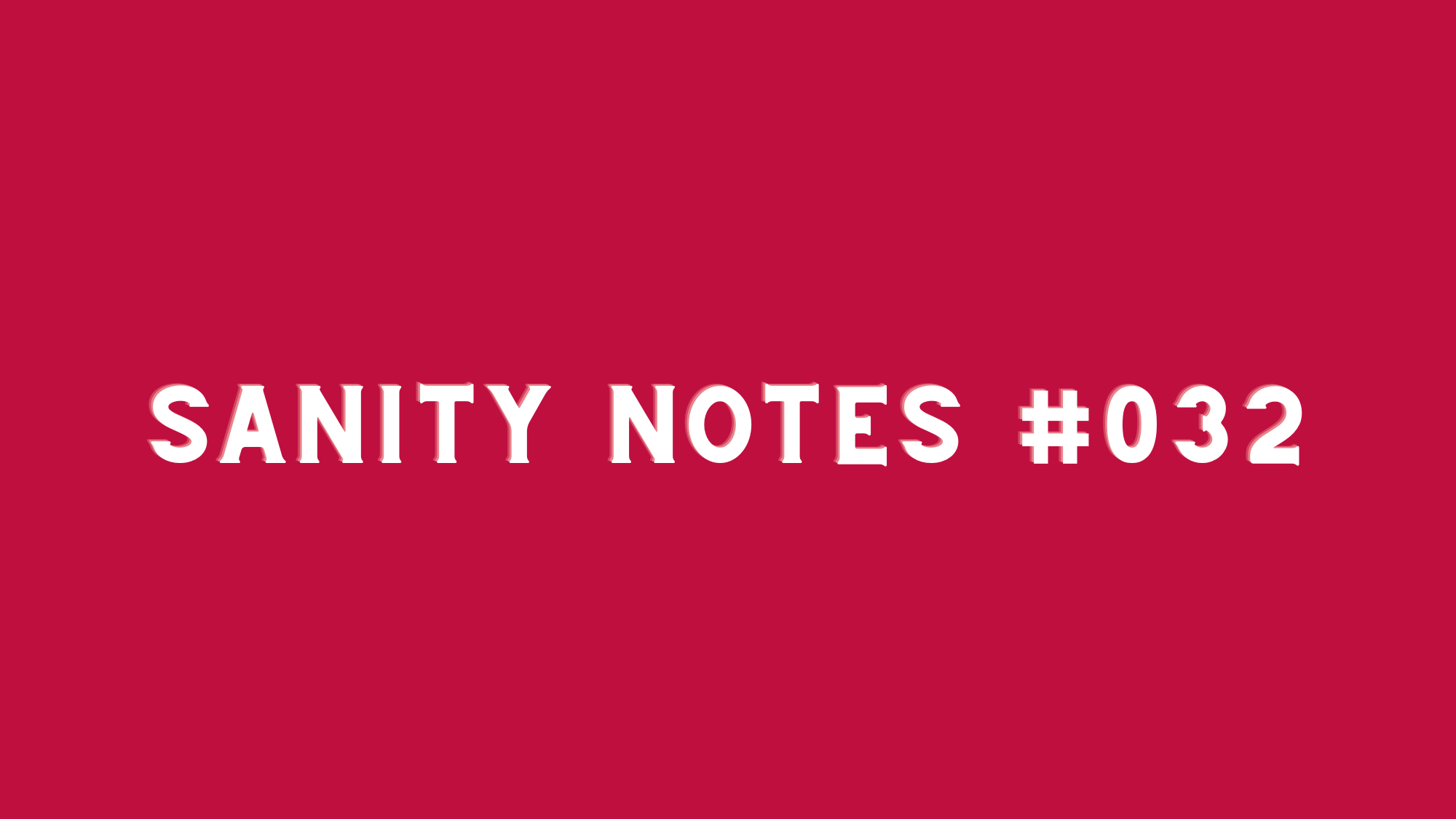The cost of beating ourselves up when we fail
Change is hard. Being our own harshest critics does not help.

Tears over coffee
I cried at breakfast this morning. I am not proud of it.
I was having breakfast with a good friend at a trendy local restaurant. He was sharing a profound experience he had recently. His sharing led to a conversation about personal growth, masculinity, our respective families, and the challenges of being partners and parents.
I found myself loving the conversation. And then, to my surprise, I felt my eyes fill with tears.
The tears were a result of the contrast I was experiencing between this part of myself, the part of me that is committed to growth, learning, and love, and the part of me that was showing up during much of my time with my family over the weekend the last two days.
Am I capable of change?
The part of me that showed up for much of the weekend was reactive, fearful, and angry. The weekend was punctuated by my shouting yesterday at my 10-year-old son, who seems to be navigating some of the typical challenges of a pre-teen and often pushing against our parenting efforts of late.
When I lose my cool as a parent, I don't recognize myself. I can hear my dad's voice coming out of my mouth, which scares me. It is also accompanied by a lot of shame.
The tears came this morning as I shared with my friend how much I was enjoying our conversation but also how disparate it felt from the experience I had with my son over the weekend.
I told him I loved this part of myself, the part that can sit and share openly and deeply with another person. The part of me that loves to reflect, connect, and coach. I then shared the shame I felt about how far this part of me felt from me, who had shown such anger to his son only yesterday.
Thankfully, my friend responded with grace. And he shared a beautiful analogy with me. He said:
I was in Hawaii recently. And on Maui, there is a beautiful volcano, Mt. Haleakalā. The volcano erupts periodically, the the resulting lava wipes out all of the vegetation in its wake. But then comes new life and new growth. The eruption is part of the cycle of life on the island. What if the way you show up in your best moments and the way you show up in your hardest moments are both critical parts of the whole you? And what if there is opportunity for new life on the other side?
As he spoke, I could feel my shoulders relax, and my shame lighten.
He was not excusing me for losing my cool with my child. Not at all.
But he was cracking a door for self-compassion - encouraging me to offer myself forgiveness and grace.
I walked into the breakfast in a very different space from which I left the time.
I had been tempted to cancel the breakfast because I felt so stuck in my shame. I was also tempted to skip my planned writing time this morning because I felt trapped in the thought: Who am I to write or to coach? I cannot even parent my own son well!"
And that's the rub. That is how our shame traps us from being of service to those around us in the ways we are meant to be.
In coaching, I am privileged to sit with leaders stuck in similar self-criticism cycles. I hear things like:
I will never change!
Maybe the company would be better with another CEO. I keep making the same mistakes. Maybe someone else would do better.
Everything I do feels like two steps forward and one step back.
My friends...me too!
The opportunity for each of us
I coach others through the hardest parts of leadership, partnership, and life, and I, too, have days where I struggle with those hard parts.
When we let our voices of self-criticism block us from forgiving ourselves, we also rob those around us of real connection with us.
Today, my challenge to myself is to:
- Forgive myself for the way I showed up with my son yesterday.
- To own and accept the fullness of my humanity.
Tonight, at dinner, I am going to express my sorrow to my son for the way I showed up with him yesterday, apologize, and invite a dialogue with him about the parts of the relationship that are feeling challenging at the moment.
I refuse to let my shame remain in the way of our reconnection.
I am to come with curiosity and love, the two tools that serve me more than any others in challenging conversations.
I am hopeful that in tonight's conversation, I might foster new life in our relationship just as new life is created and nurtured by richer soil in the wake of the volcano's eruption.
If in your life as a leader, partner, or parent, you find yourself making mistakes, you are in good company. Or at least you are in my company. And I am glad to be here with you!
Perhaps there is an opportunity for you as well to own the fullness of your humanity: the parts that are grounded, creative, and brilliant and the parts that falter and require patience and grace.
In that self-acceptance, there is an opportunity for growth and connection. There is also an opportunity to come with greater compassion for those you seek to lead, for they, too, are likely experiencing the weightiness of their own mistakes from time to time.
Wherever you find yourself today, sending you a big hug and loads of compassion from my desk in LA.
-Matt
Sanity Notes Newsletter
Join the newsletter to receive semi-weekly updates in your inbox.


